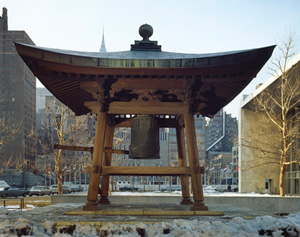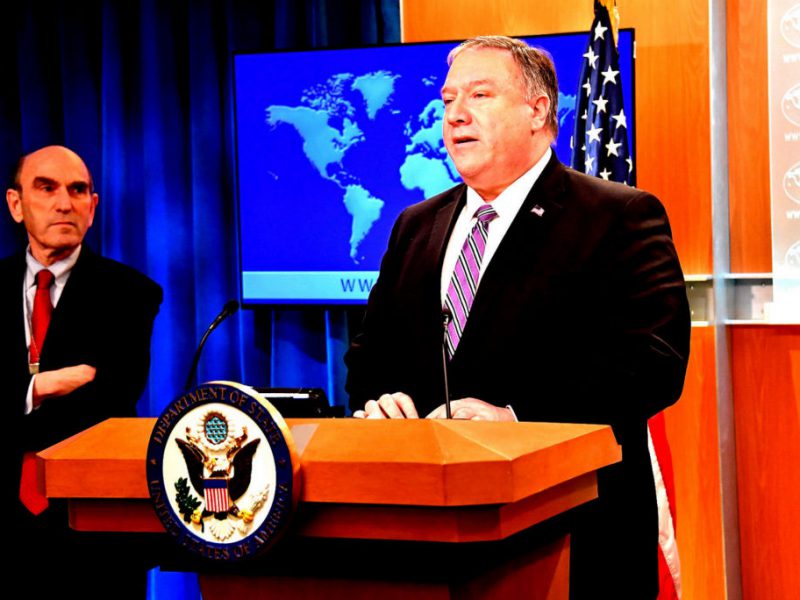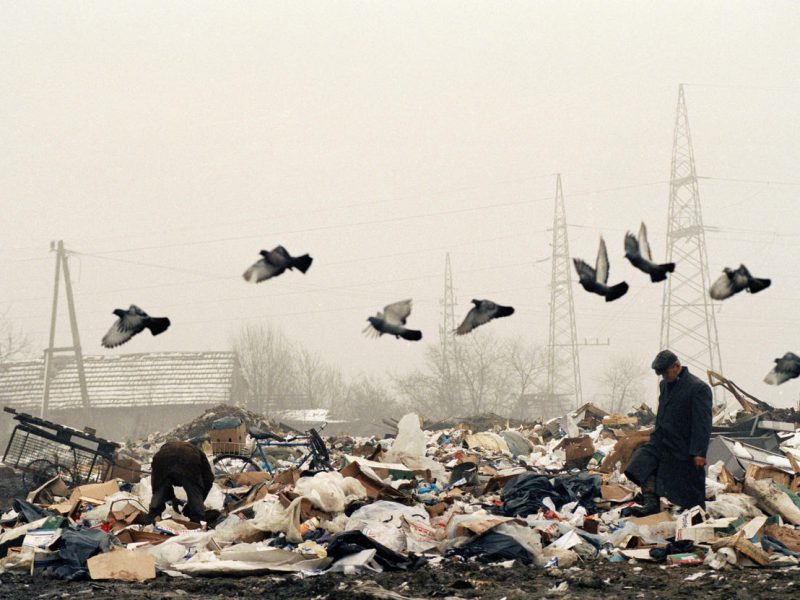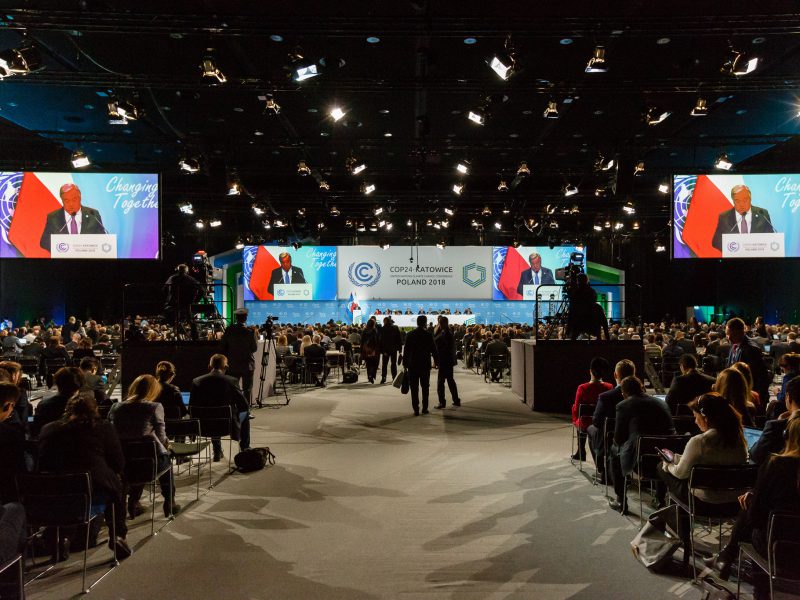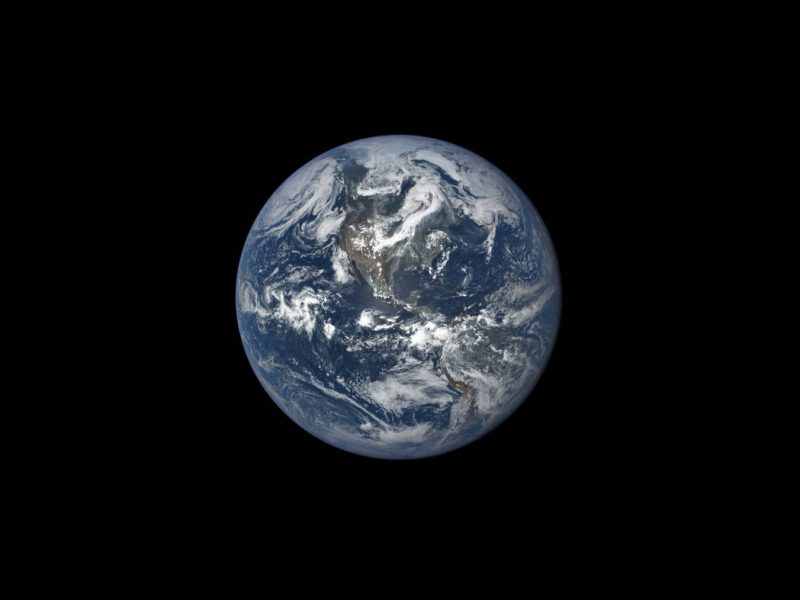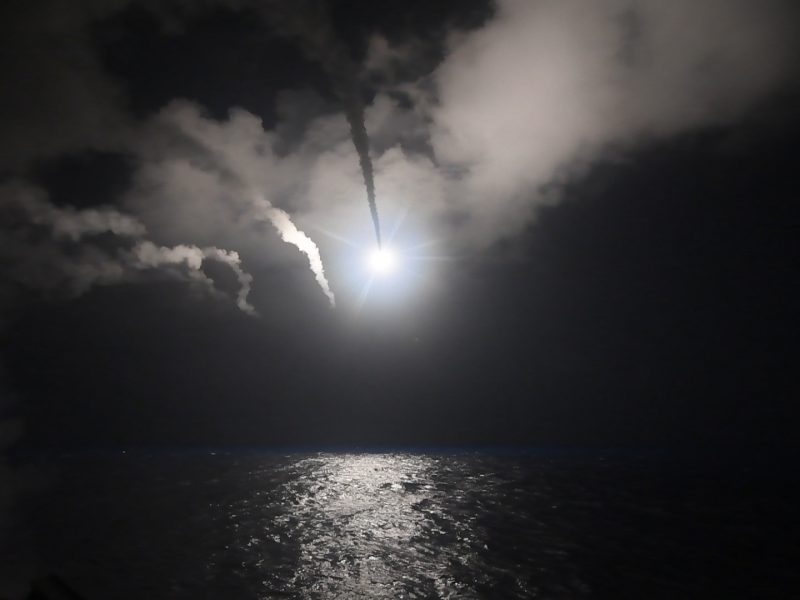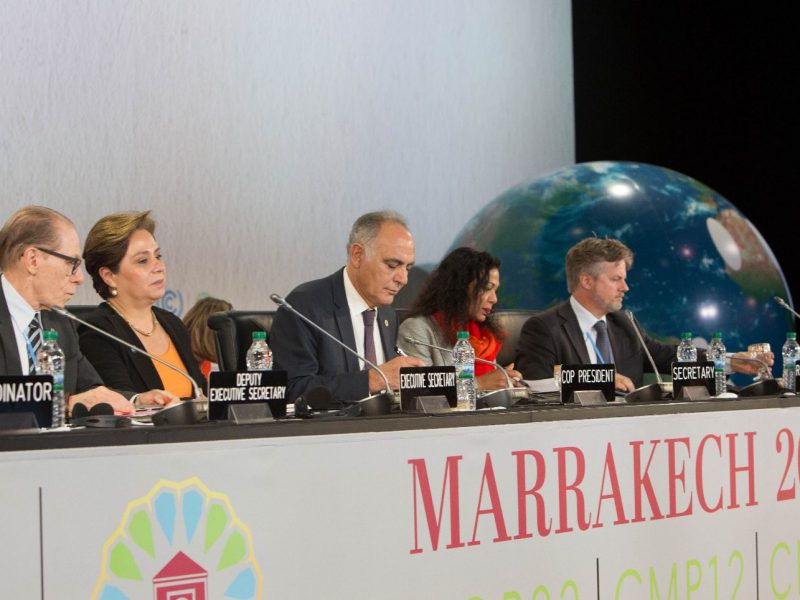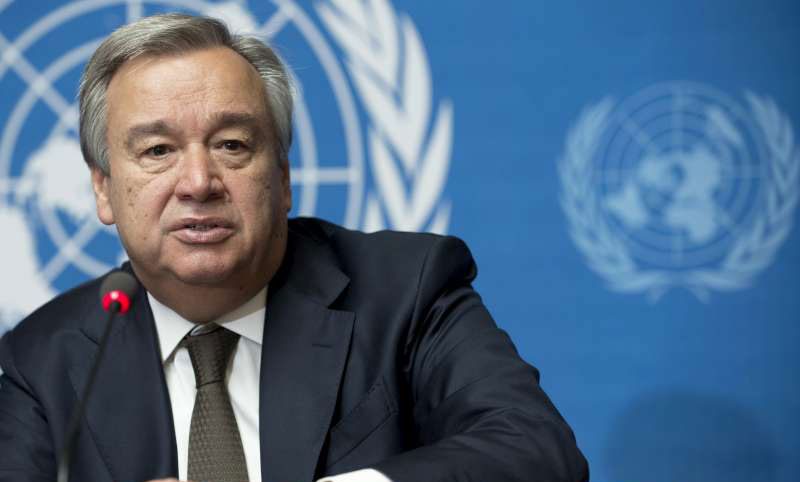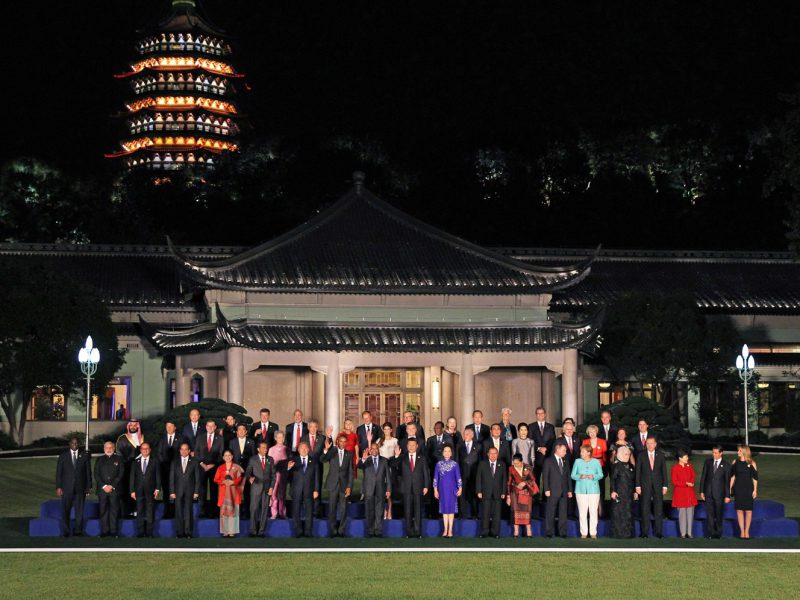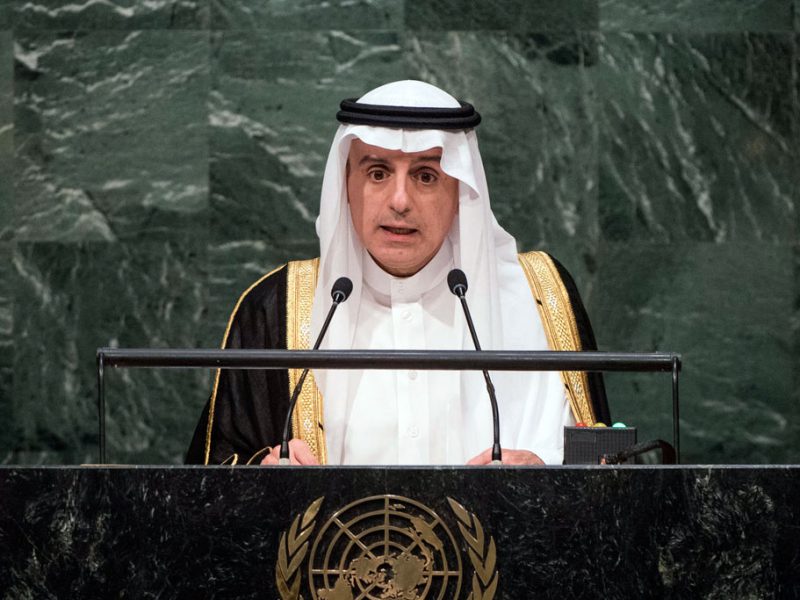A global peace holiday
Among a set of proposals that Katoikos’ parent institution, the Foundation for Global Governance and Sustainability (FOGGS) has put forward for a “modern, effective, ethical and people-centred United Nations”, is the introduction of a global holiday. Over the past several decades, 21 September has been celebrated by the United Nations as International Day of Peace….

